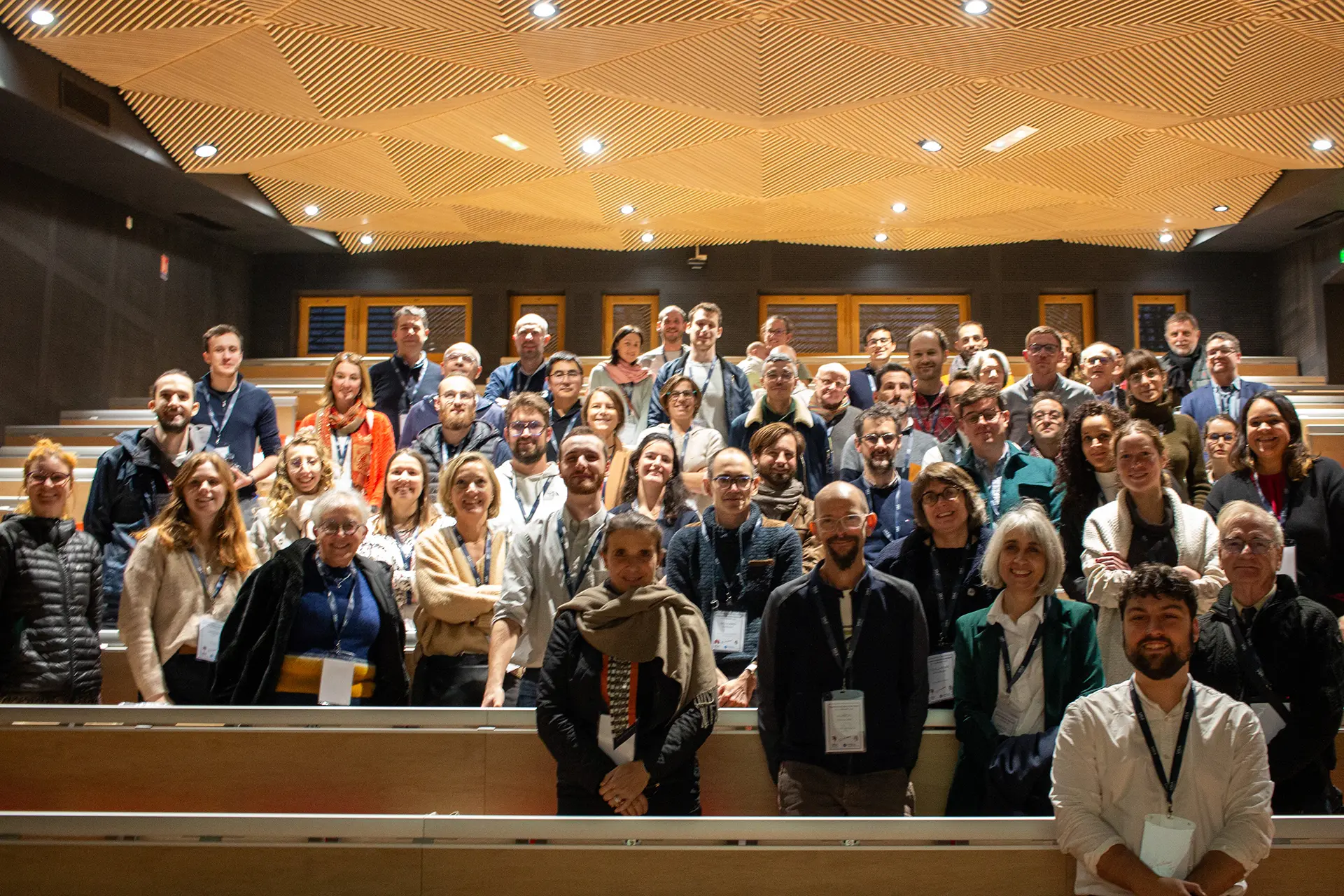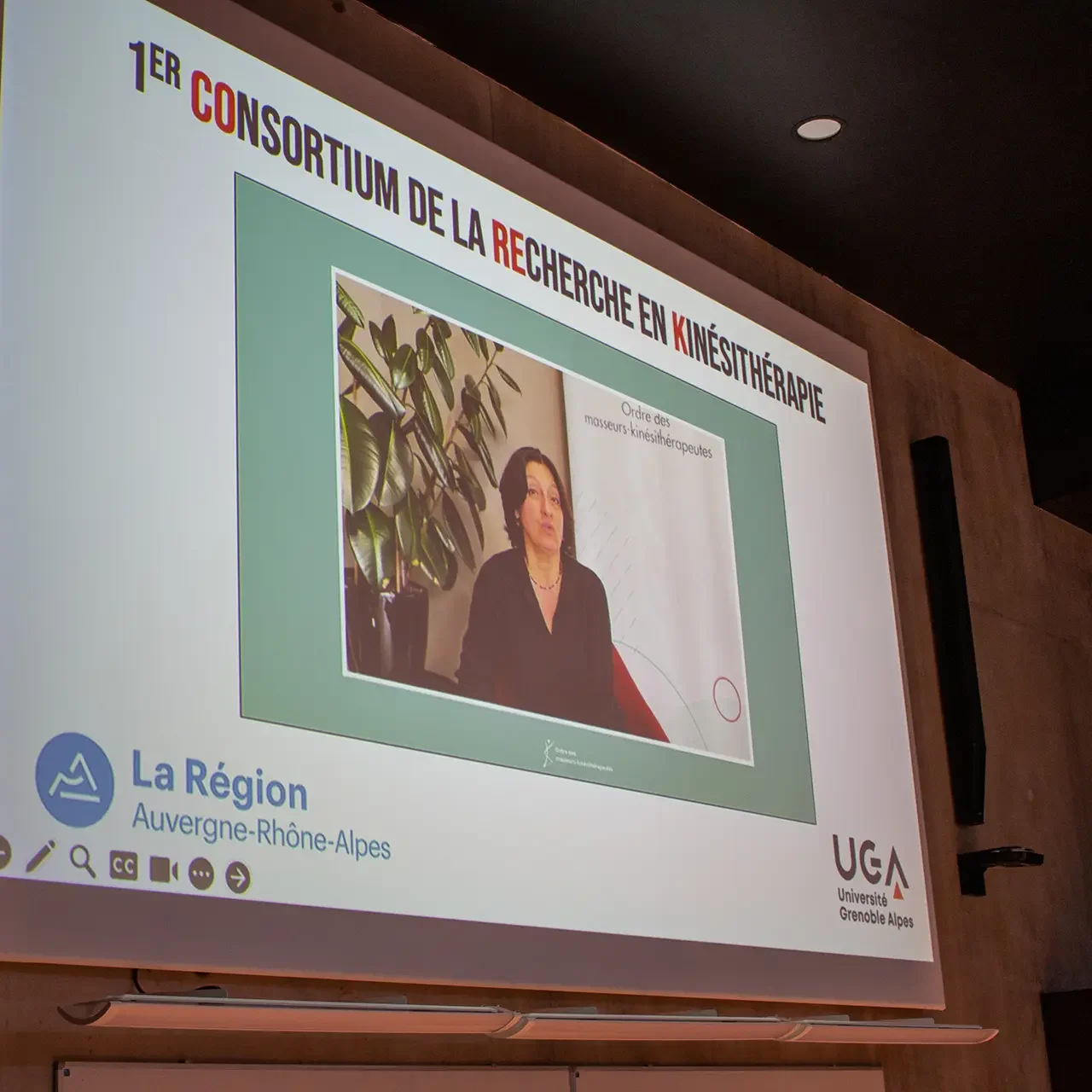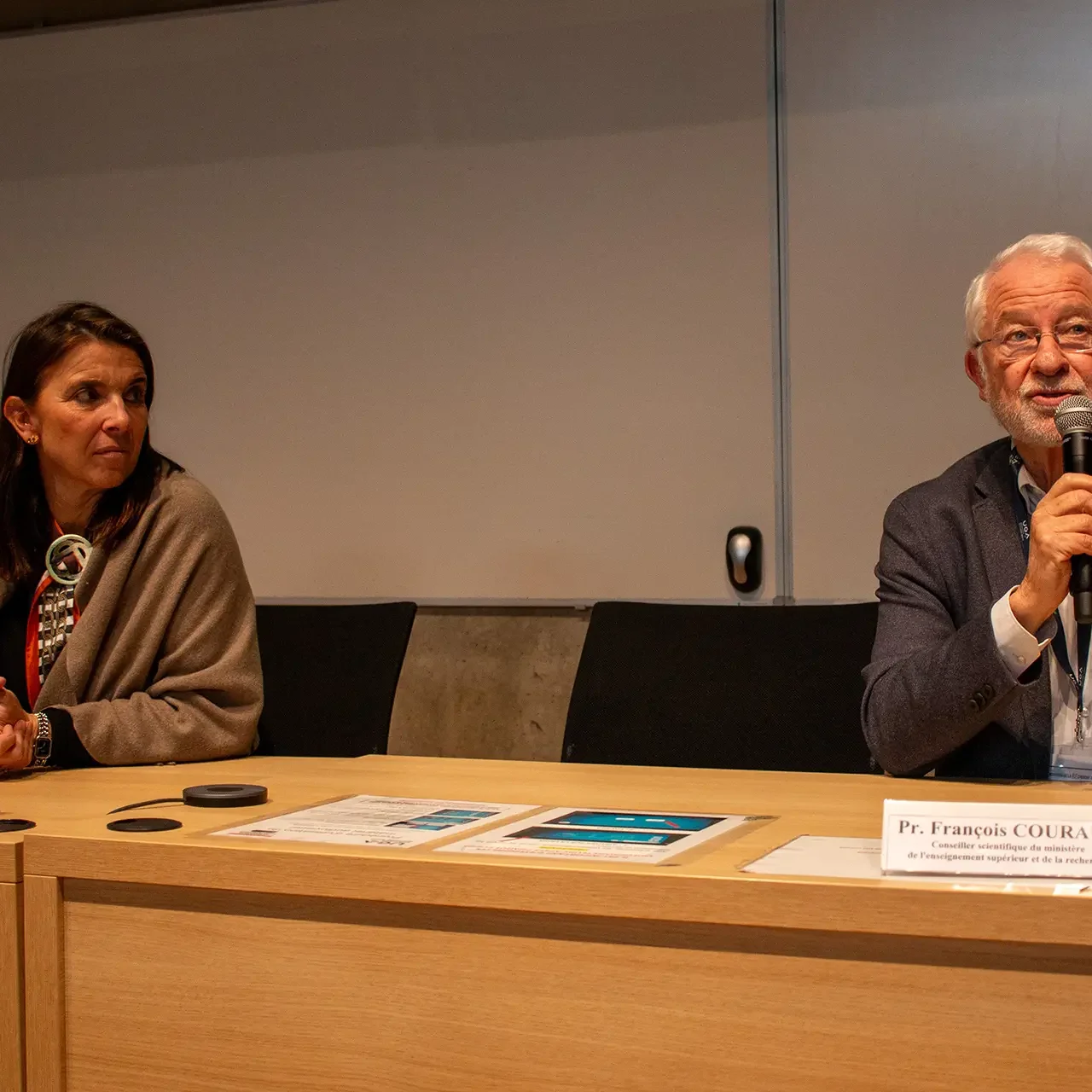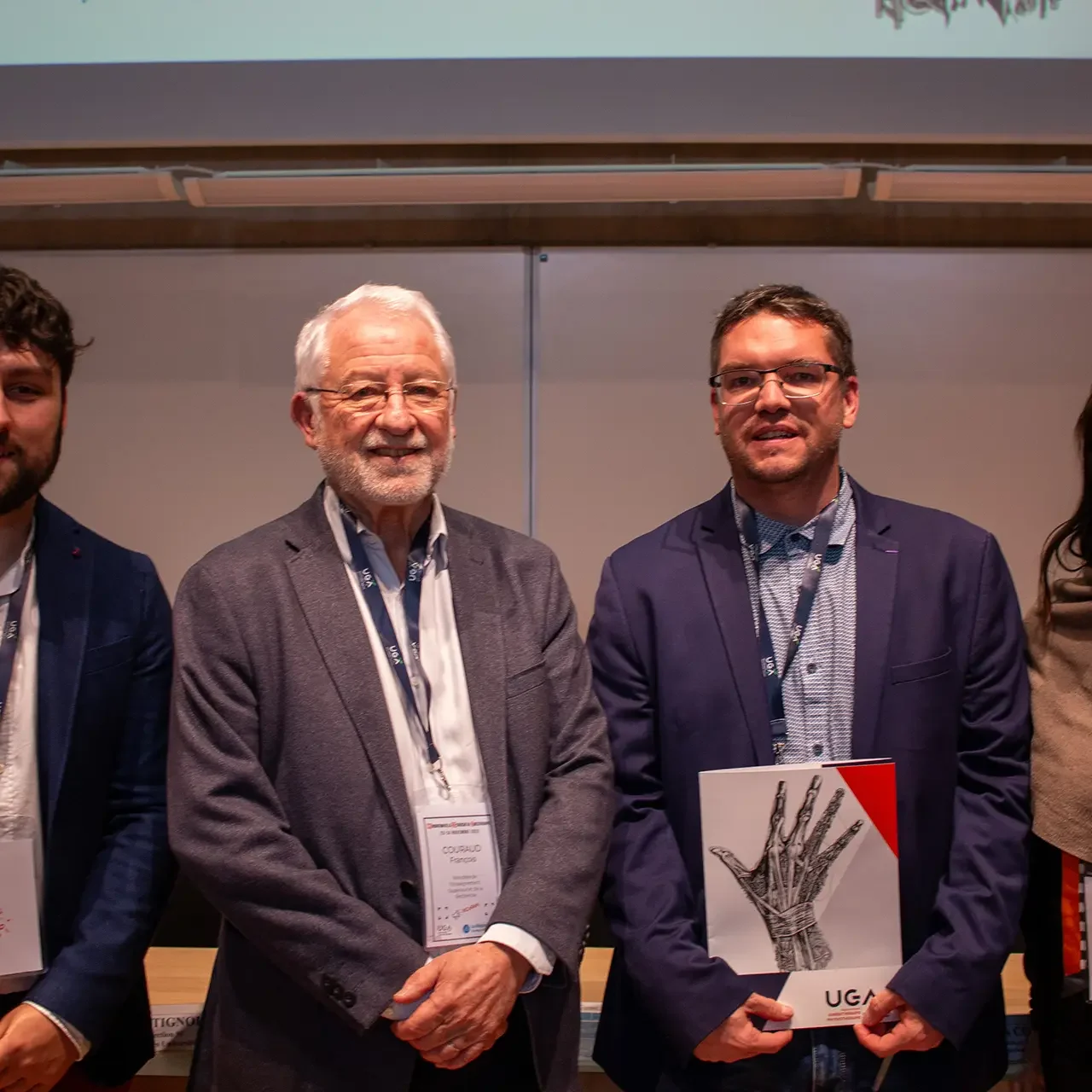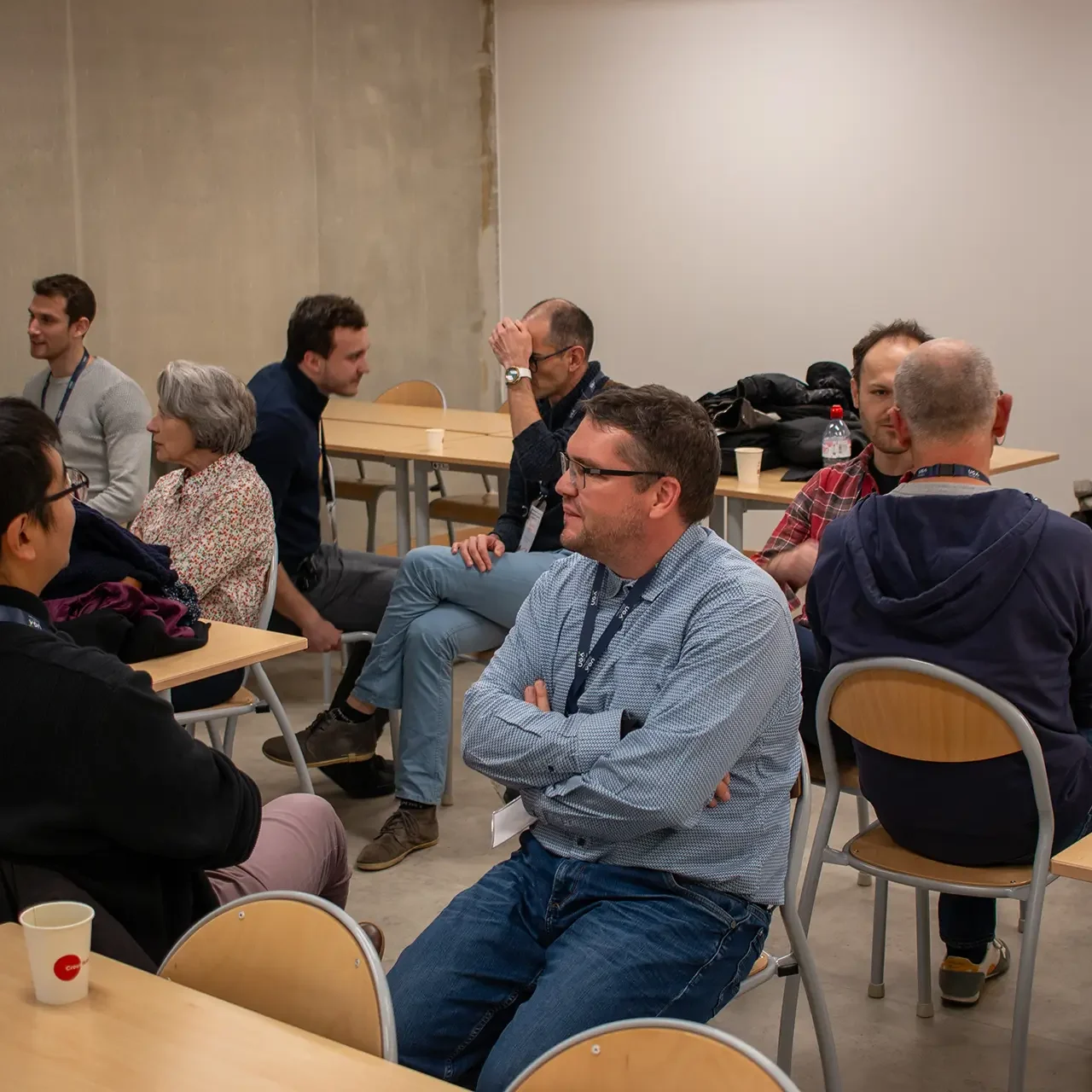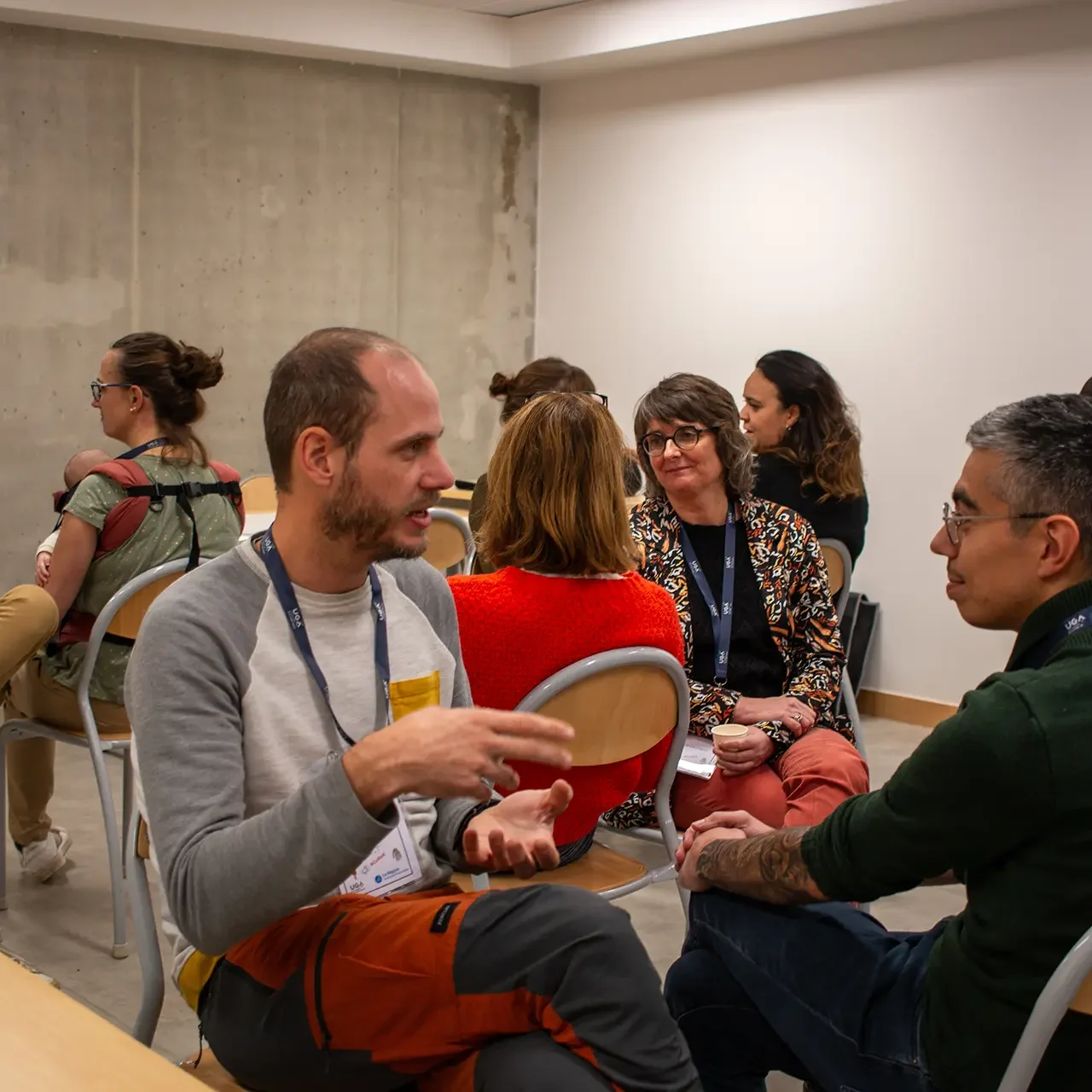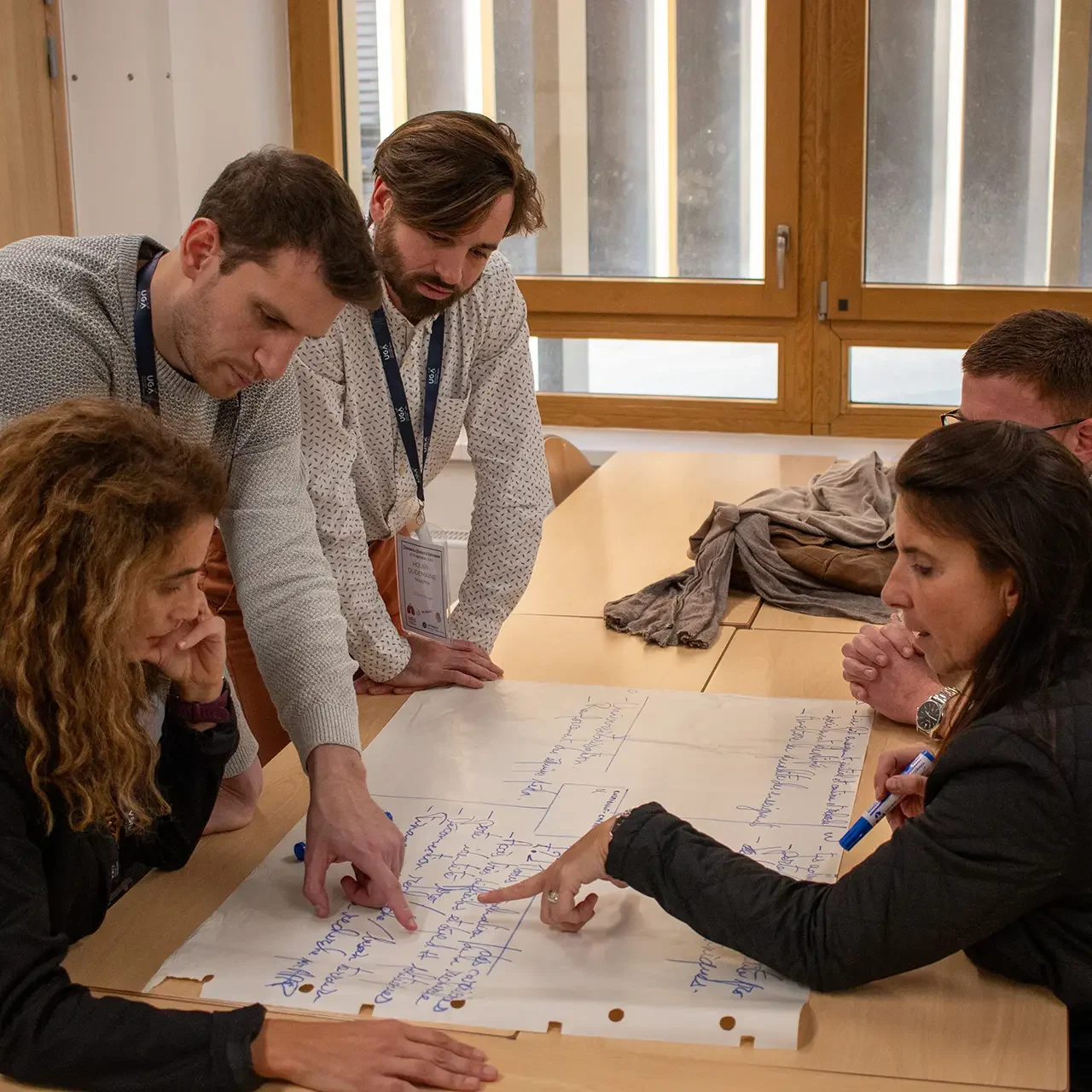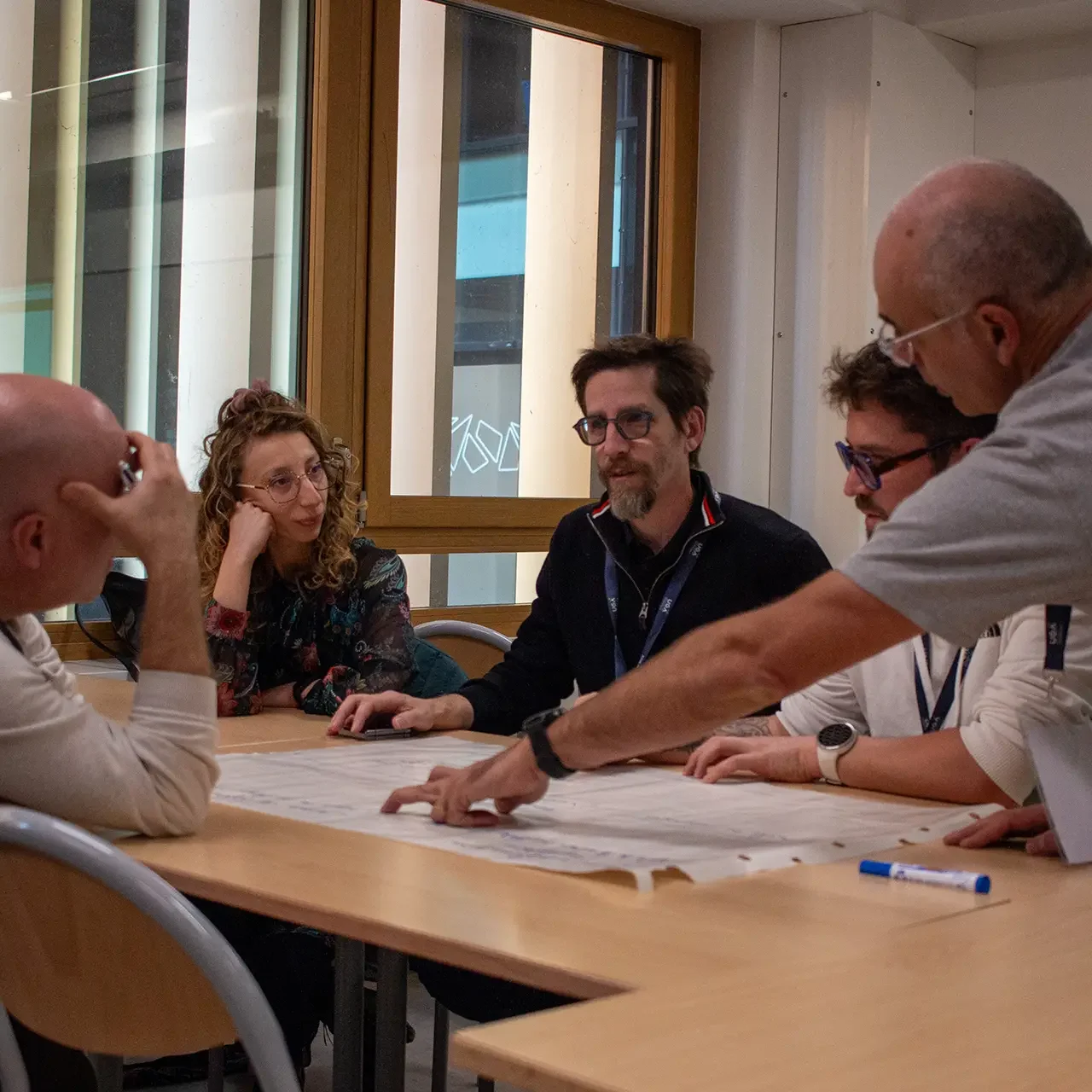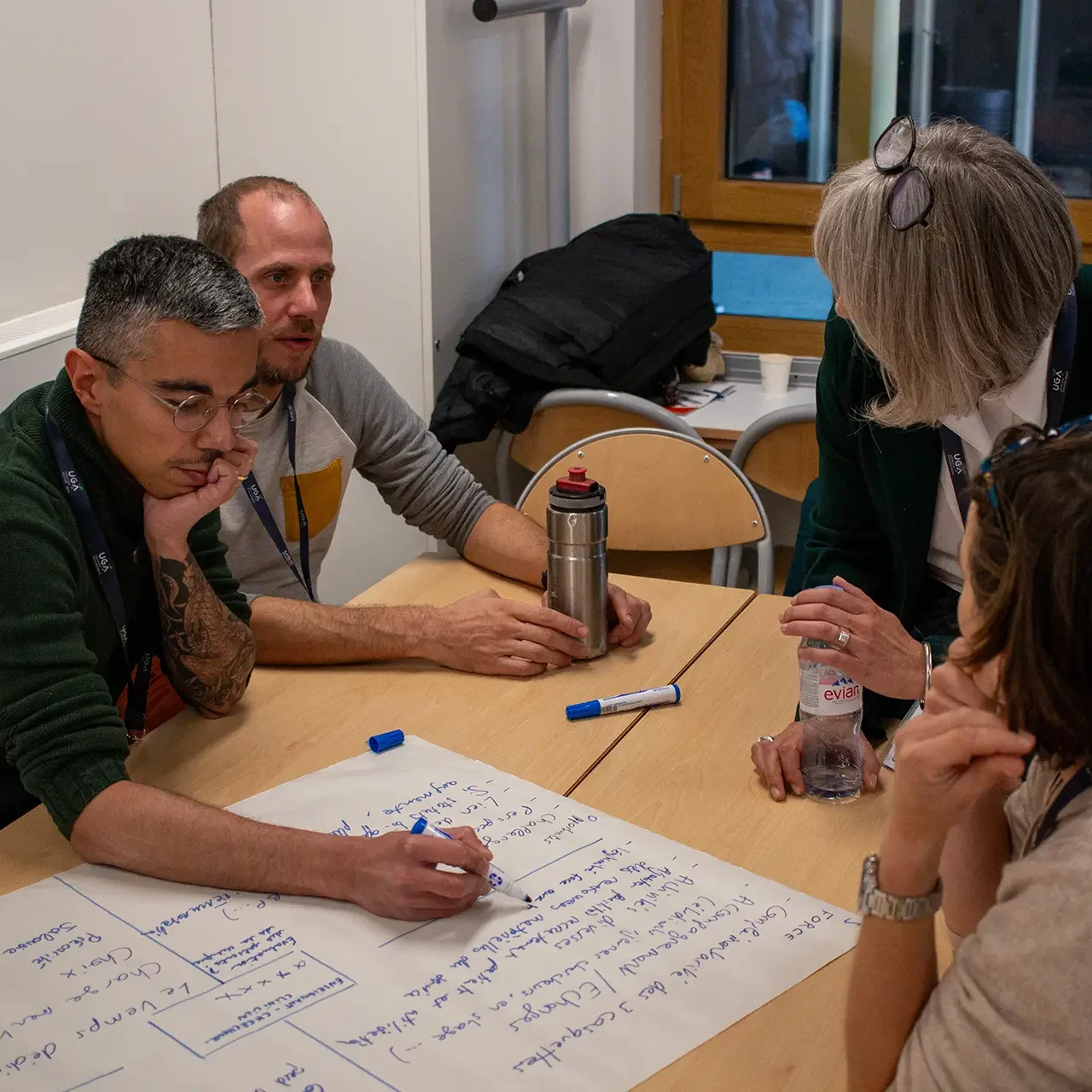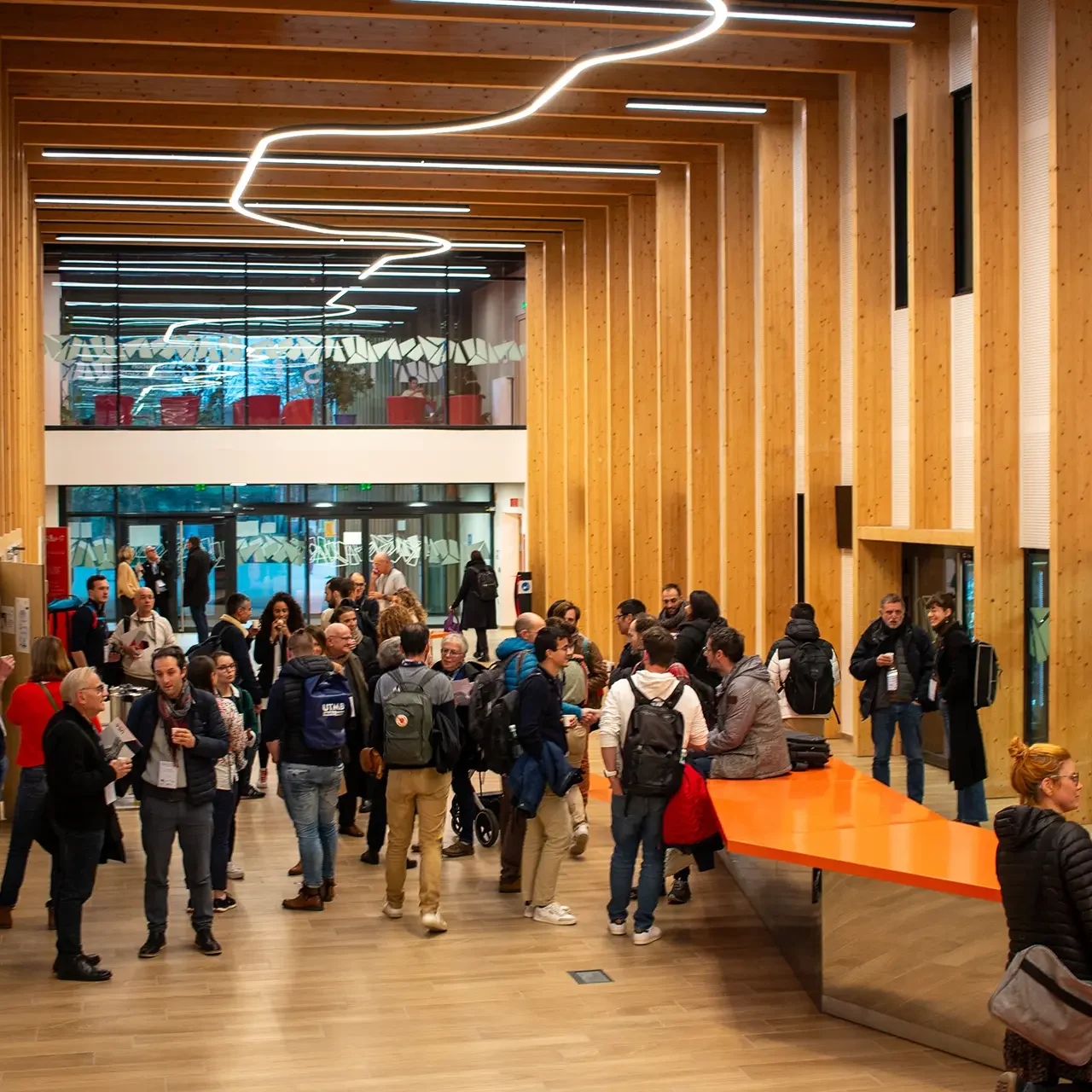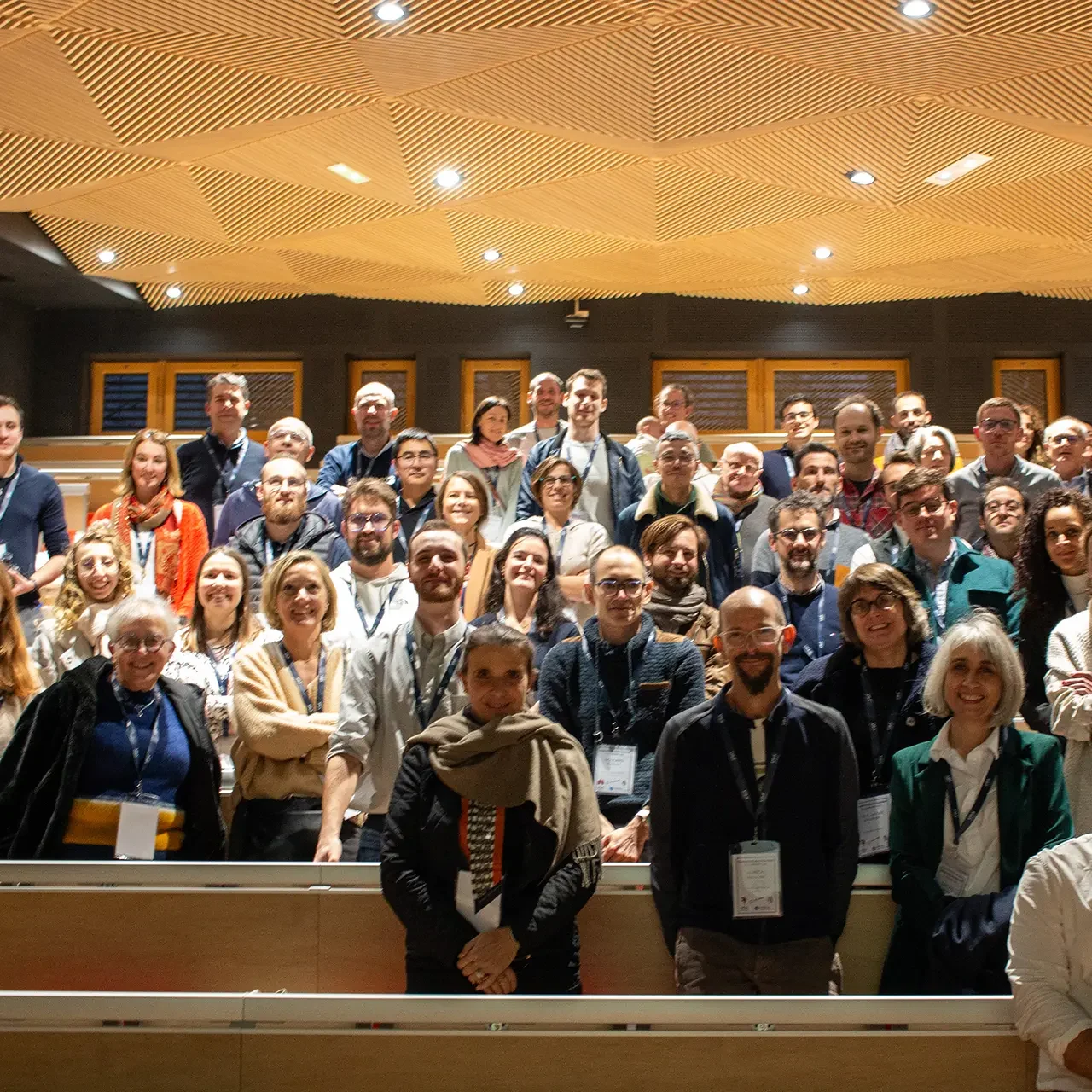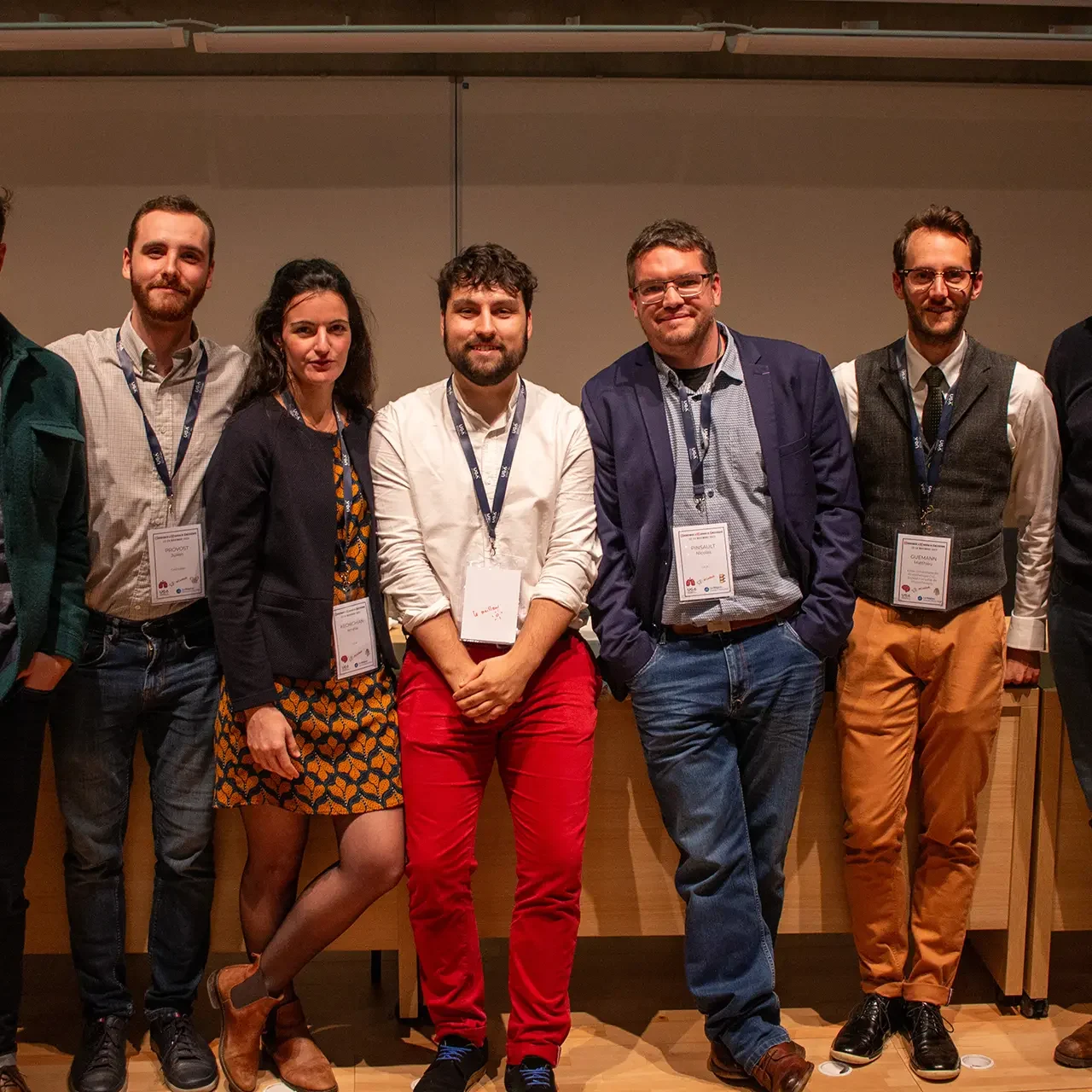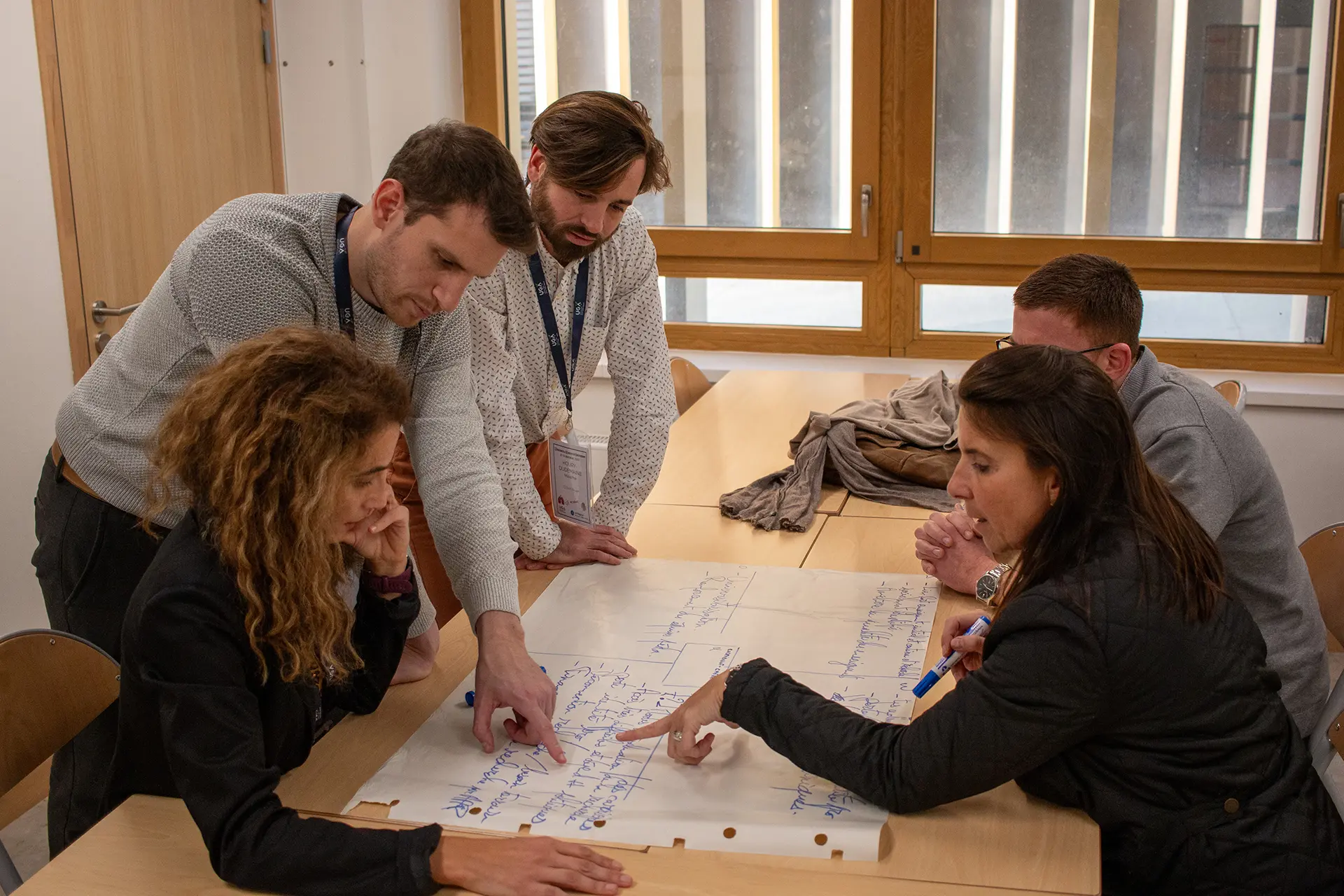CEERRF attends CoReK event in Grenoble
The physiotherapy department of the University of Grenoble Alpes organized the Consortium of Physiotherapy Research (CoReK in french) at the end of last November, aiming to reflect on various dynamics and action plans to be pursued nationally to develop said research.
Céleste Rousseau represented CEERRF at this inaugural event. The day began with two in-depth theoretical presentations on the current state of physiotherapy research, also expanding the perspective to paramedical professions. Valuable insights were shared regarding the functioning of the National University Commission No. 91 (CNU91), established in 2019 for rehabilitation and readaptation sciences.
A dynamic workshop then allowed participants to contemplate different professional statuses, such as researcher, clinician-researcher, teacher-researcher, and clinician-teacher-researcher. Discussions and considerations were enriching, providing a thorough exploration of the advantages, disadvantages, threats, and opportunities associated with each status, taking into account the diverse experiences of the participants.
Following various exchanges and workshops, incorporating feedback from participants during the different sessions, CoReK organizers put forth some suggestions for better structuring physiotherapy research. Among them, we could mention the adaptation of the legislative framework for research in rehabilitation, the increase in interactions between clinical practice and research, as well as the development of collaborations among key players in physiotherapy research, including research laboratories, and the enhancement of funding.
All these considerations also resonate with the challenges faced within Institutes of Training in Massage Therapy and Physiotherapy (IFMK), especially concerning the initiation to research, which all physiotherapy students undergo during their third and fourth years. Adapting the legislative framework for rehabilitation research could potentially, in the long run, empower students to conduct high-quality research focusing on the human being within a well-defined legal framework. The proliferation of rehabilitation research laboratories could also lead some students to opt for a research internship, in a laboratory, for their final three-month internship, known as the “clinicat.”
These reflections and proposals from CoReK pave the way for a promising future in physiotherapy research. By uniting our efforts and continuing these innovative actions, we are confident that this inaugural initiative will mark the beginning of a flourishing era for research in our field. We look forward to seeing how these efforts will positively shape the landscape of physiotherapy, opening up exciting new perspectives for the future of our discipline.

